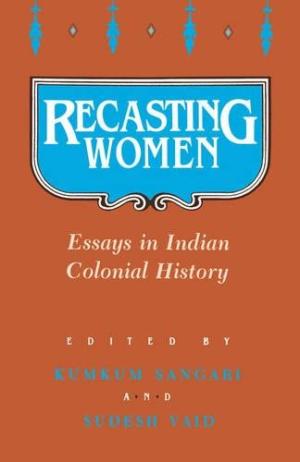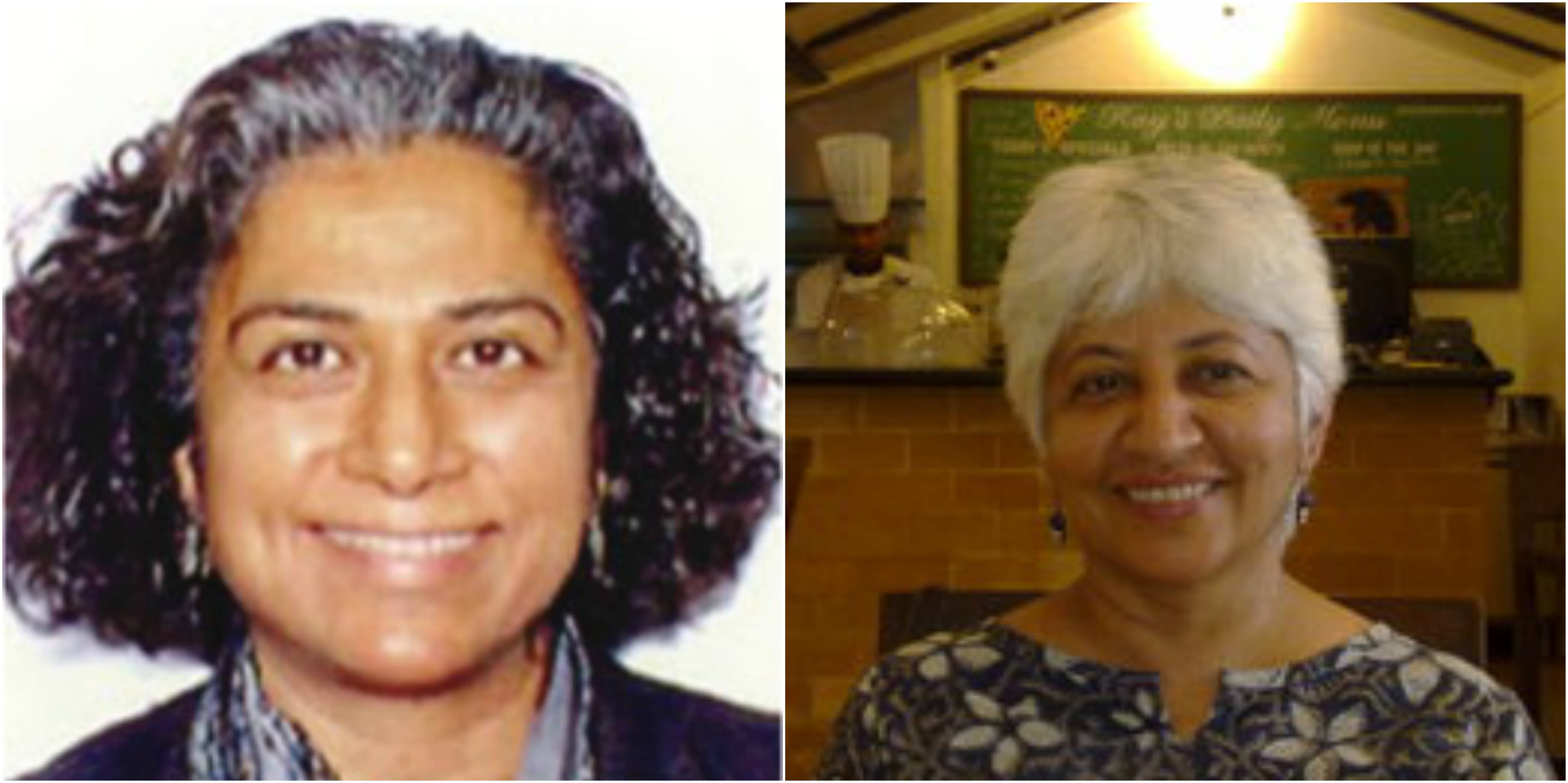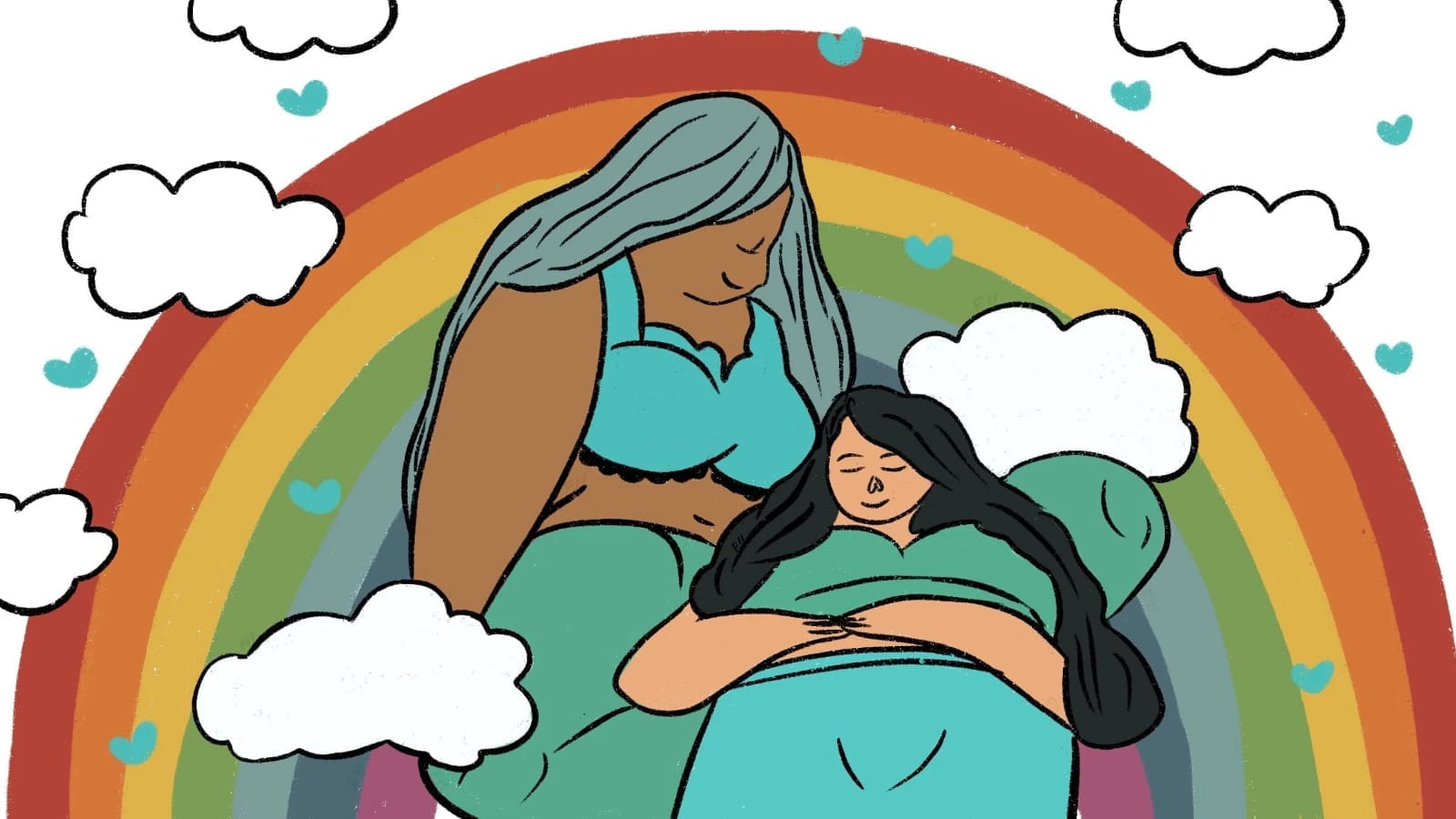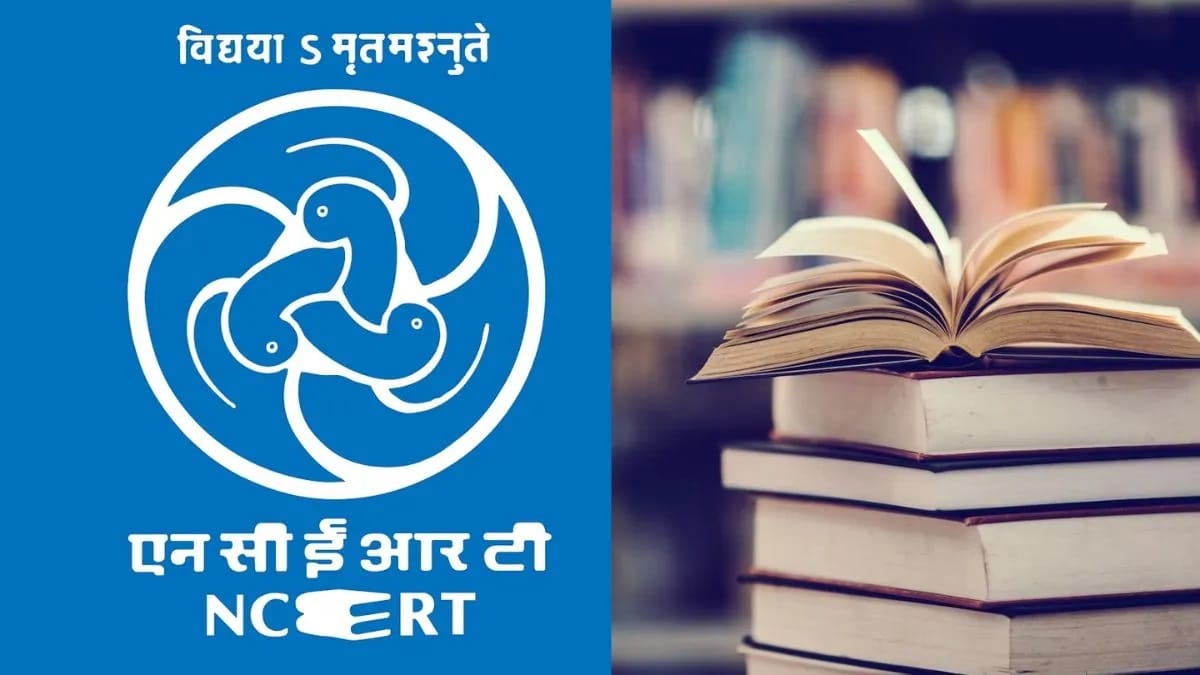Sudesh Vaid, India’s leading social justice activist, academic and feminist of the second-wave era passed away in the winter of 2001-2002 at the age of 61 from cancer. She left behind a large void in the lives of people who knew her well—prominent scholars and activists like Neeraj Malik, Kumkum Sangari, Urvashi Butalia, Uma Chakravarti and Svati Joshi – who penned a heart-achingly beautiful obituary to her soon after.
She also touched the lived of many workers at the People’s Union for Democratic Rights (PUDR) that she helped established and many, many others who she had supported as a friend. An entire future generation would come to define the contours of democratic social and women’s movements in the country – inspired by her works and yet deprived of her physical presence.
Life and activism
Sudesh Vaid was born in 1940 to a middle-class family and studied literature in the United States, where reportedly her involvement in social activism began. Upon her return to India, she was a pioneering force not only in the fight for social justice, crystallized in PUDR that she helped establish, but also a leading figure in the feminist movement at the time in its fight against dowry, sati and rape.
Along with stalwarts like Kumkum Sangari and Urvashi Butalia, who were younger than her and much inspired by her vision, she was one of the first visible figures in the mainstream, urban feminist movement to connect women’s and gender issues with issues of social inequality and other forms of injustices. It is this legacy of Sudesh Vaid that we must focus on in the era of millennial “intersectional” feminism when intersectionality is in danger of being boiled down to deeply ahistorical understandings of bodies, cultures and modern movements, that overtly focus on gaslighting and less on histories of the emergence of identities.
Legacy

Image Credit: Abe Books
Sudesh Vaid and Kumkum Sangari’s landmark edited volume, Recasting Women: Essays in Indian Colonial History was the culmination of the first national seminar organized to study women and culture at Indraprastha College, University of Delhi in 1981. This volume fundamentally changed academic approaches to the “woman” question.
By inviting men to contribute to the volume and by imagining the book as an academic text for higher education, way back in 1989, Vaid and Sangari foresaw the need to change how we looked at women and feminist movements from the core—through education—and to establish the primacy of “gender” as something that went beyond “man” and “woman.” This book remains a bible for students of gender studies.
Also Read: Sharmila Rege: Feminist, Sociologist, Welder | #IndianWomenInHistory
Its easily accessible language enables everyone to read about the emergence of certain gender and sexual norms as diverse cultures within the Indian subcontinent in interaction with British colonial rule. This work, along with her work on sati with Kumkum Sangari, was widely used by activists and academics in their fight against the issue. This is a testimony to her being able to bridge the activist/academic divide and show that the fight for gender justice, that emerges out of various oppressions, is always an ongoing one as patriarchy changes through time and space.
Sudesh’s death and a message to the world
By all accounts according to her friends, including the prominent author and founder of Kali for Women and Zubaan Books, Urvashi Butalia (who was also influenced by Sudesh Vaid in her own seminal work on women’s narratives during partition) – Sudesh left life in death as she would have led her life if living.
In spite of being saddened by the loss of her personal and intellectual partner, C.V. Subbarao, some 6 years before her own death, Sudesh never let cancer stop her pursuit of teaching, activism, knowledge and above all—caring for the ones she loved. Her funeral consisted not of prayer rituals and male coffin bearers but rather slogan chanting, songs and women friends who carried her body to its final destination.
We live in a country where the fight for gender equality is still very much on, where women’s mobility even within communities let alone along caste and class lines is still limited and where elitism in academic and activist circles keeps away certain sections of our society and takes the humanity out of social movements.
Sudesh Vaid left us with a very strong message with her life, death and funeral: to break barriers in a never-ending quest for justice and knowledge; to connect social issues in the fight for a better society; to never forget to smile and lend a helping hand to anyone who knocks at your door for help. For all of us fighting for justice out there, may Sudesh never leave our hearts and minds. She needs to be revived for an intelligent battle against dangerously sexist, nationalist politics.
References:
“Remembering Sudesh Vaid” by Neeraj Malik, Kumkum Sangari, Svati Joshi, Uma Chakravarti and Urvashi Butalia, October 26, 2002, Economic and Political Weekly
In Memoriam: Sudesh Vaid (1940-2001) by Urvashi Butalia
Also Read: Vina Mazumdar: A Pioneer Of Women’s Studies | #IndianWomenInHistory
Featured Image Credit: Academia and The Daily Star
About the author(s)
Akanksha is a doctoral candidate at the Department of Gender, Women and Sexuality Studies, University of Washington, Seattle. She is currently on an American Institute of Indian Studies fellowship to conduct her research on desire, sexuality and citizenship in schools in India and Turkey. She loves traveling, dancing and reading and is based in Secunderabad with her spouse and two kids.




